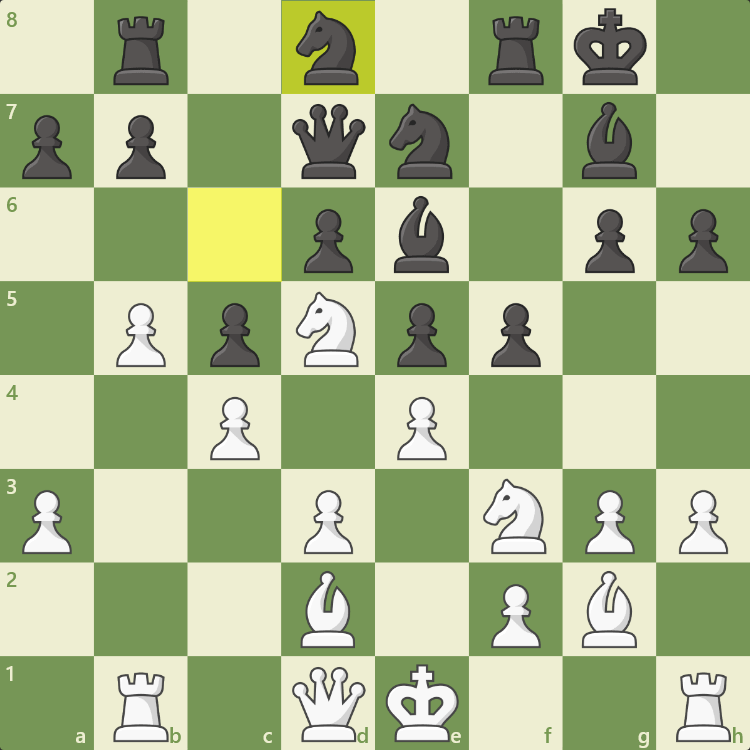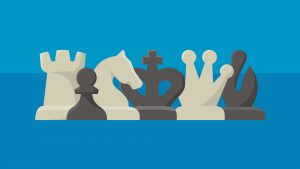
Closed Game
Some players like to play chess games abundant with tactics and complex combinations. Others enjoy appreciating the positional and strategic nuances of each position. If you are the latter, you're the type of player who will undoubtedly enjoy a closed game of chess!
Here's what you need to know about closed games:
- What Is A Closed Game In Chess
- Closed Game Example
- Why Is Identifying Closed Games Important?
- Conclusion
What Is A Closed Game In Chess
Although pawns are the weakest piece in chess, they're a critical part of the game. In a way, the pawns are like road signs that guide players on which moves they should make and what type of game will unfold.
A closed game happens when most pawns are fixed and blocking one another, especially the e and d-pawns. In these situations, there are few open lines and diagonals for the pieces to move on.

Closed Game Example
There are numerous examples of closed games throughout history. Below you can see a beautiful win by former world champion GM Anatoly Karpov against GM Wolfgang Unzicker. After the position became closed, Karpov successfully maneuvered his pieces and squeezed his opponent. Black helplessly watched as Karpov slowly squeezed his entire army.
Why Is Identifying Closed Games Important?
Identifying closed games can help you to decide on the best course of action for your next moves. Usually, closed positions require players to improve their pieces and look for a favorable pawn break. Closed positions allow players to go for slower plans and long-term piece maneuvering. Generally speaking, closed positions also make knights more powerful than bishops, since knights can jump over other pieces.
GM Robert Huebner's victory with the black pieces against GM Miguel Najdorf in 1971 is an excellent example of how to play closed positions. Huebner stopped Najdorf's pawn-play, maneuvered his pieces optimally, and only then opened the position at the right side of the board.
Conclusion
You now know what a closed game is, its main characteristics, and why you should learn to identify it. Check out this lesson by GM Jon Ludvig Hammer to learn how to deal with closed positions and start winning more closed games!







